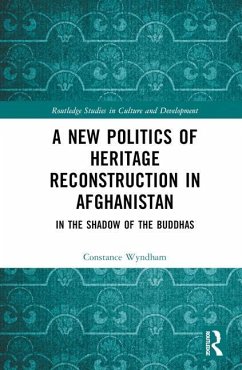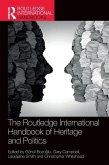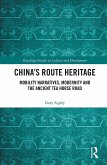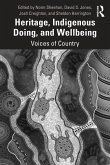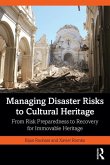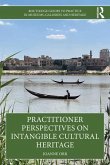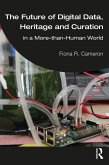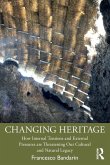A New Politics of Heritage Reconstruction in Afghanistan investigates the politics of cultural heritage preservation in Afghanistan between 2008 and 2015.
Based on several periods of ethnographic fieldwork and the author's direct employment on several internationally-sponsored heritage projects, this book studies the new and complex intersections between cultural heritage and politics in Afghanistan. Wyndham argues that a particular configuration of heritage and politics has emerged after the destruction of the Buddhas at Bamyan and demonstrates how the characteristics of this 'post-Bamyan' heritage paradigm are revealed through a number of case studies of internationally sponsored heritage work. These case studies reveal how politics and heritage are currently configured across a diverse range of governments, state and non-state actors, NGOs, individuals and forms of expertise-and why such intersections matter. The book responds to a call from across the discipline of Heritage Studies to look more closely at the relationships between heritage, power and politics.
A New Politics of Heritage Reconstruction in Afghanistan provides a fascinating case study on the intersection of heritage and politics that will be of interest to students and scholars of heritage, as well as to professionals working on heritage preservation - both within and outside of government.
Based on several periods of ethnographic fieldwork and the author's direct employment on several internationally-sponsored heritage projects, this book studies the new and complex intersections between cultural heritage and politics in Afghanistan. Wyndham argues that a particular configuration of heritage and politics has emerged after the destruction of the Buddhas at Bamyan and demonstrates how the characteristics of this 'post-Bamyan' heritage paradigm are revealed through a number of case studies of internationally sponsored heritage work. These case studies reveal how politics and heritage are currently configured across a diverse range of governments, state and non-state actors, NGOs, individuals and forms of expertise-and why such intersections matter. The book responds to a call from across the discipline of Heritage Studies to look more closely at the relationships between heritage, power and politics.
A New Politics of Heritage Reconstruction in Afghanistan provides a fascinating case study on the intersection of heritage and politics that will be of interest to students and scholars of heritage, as well as to professionals working on heritage preservation - both within and outside of government.

